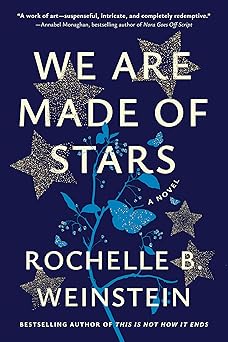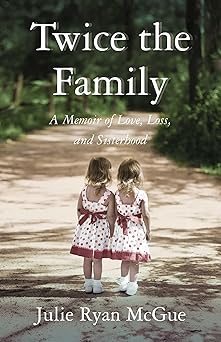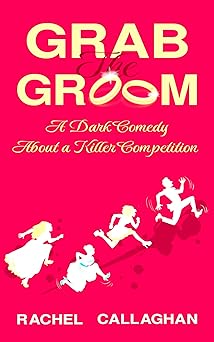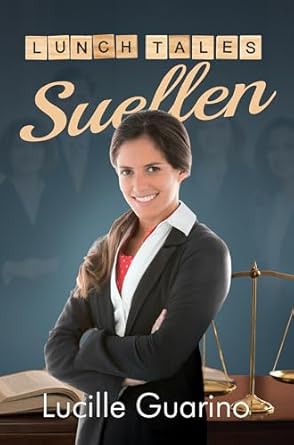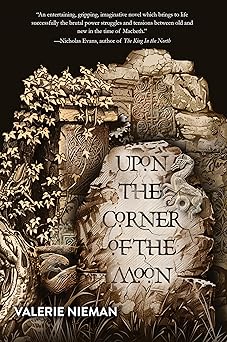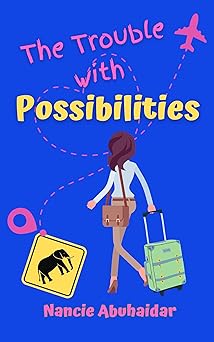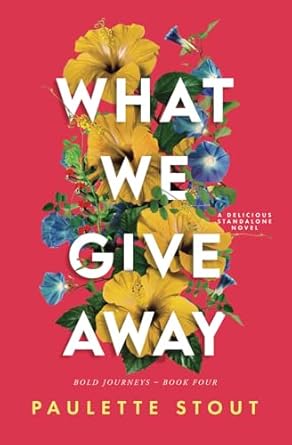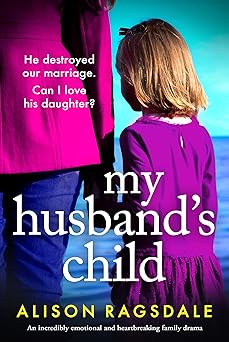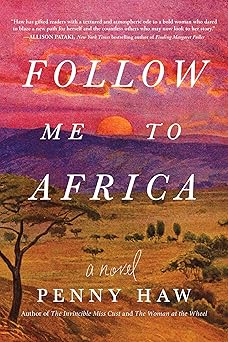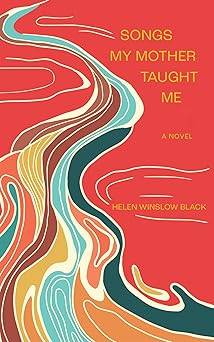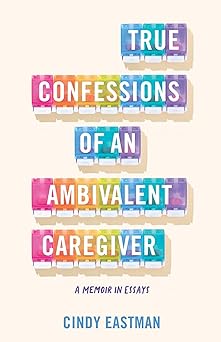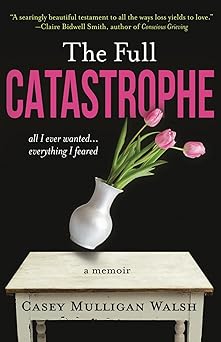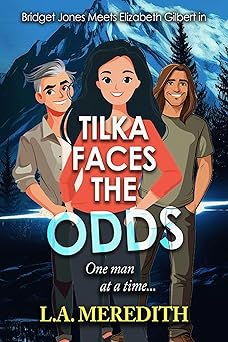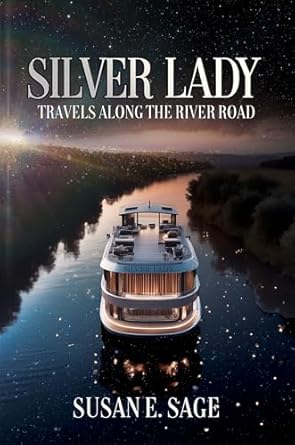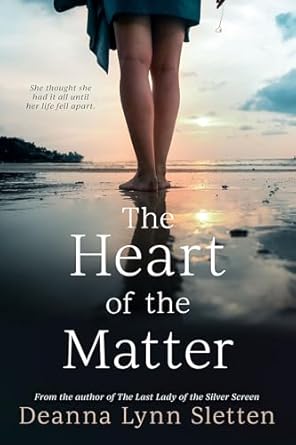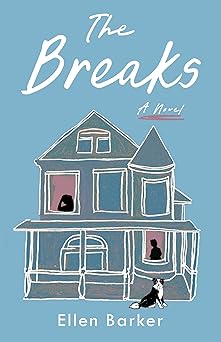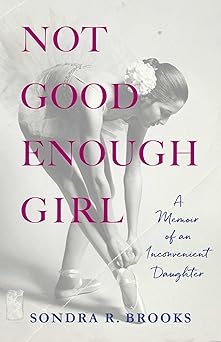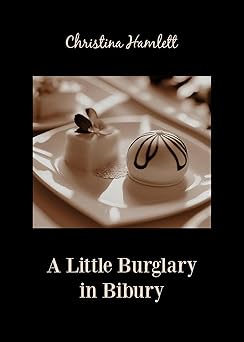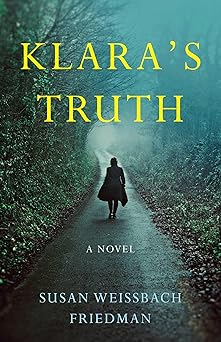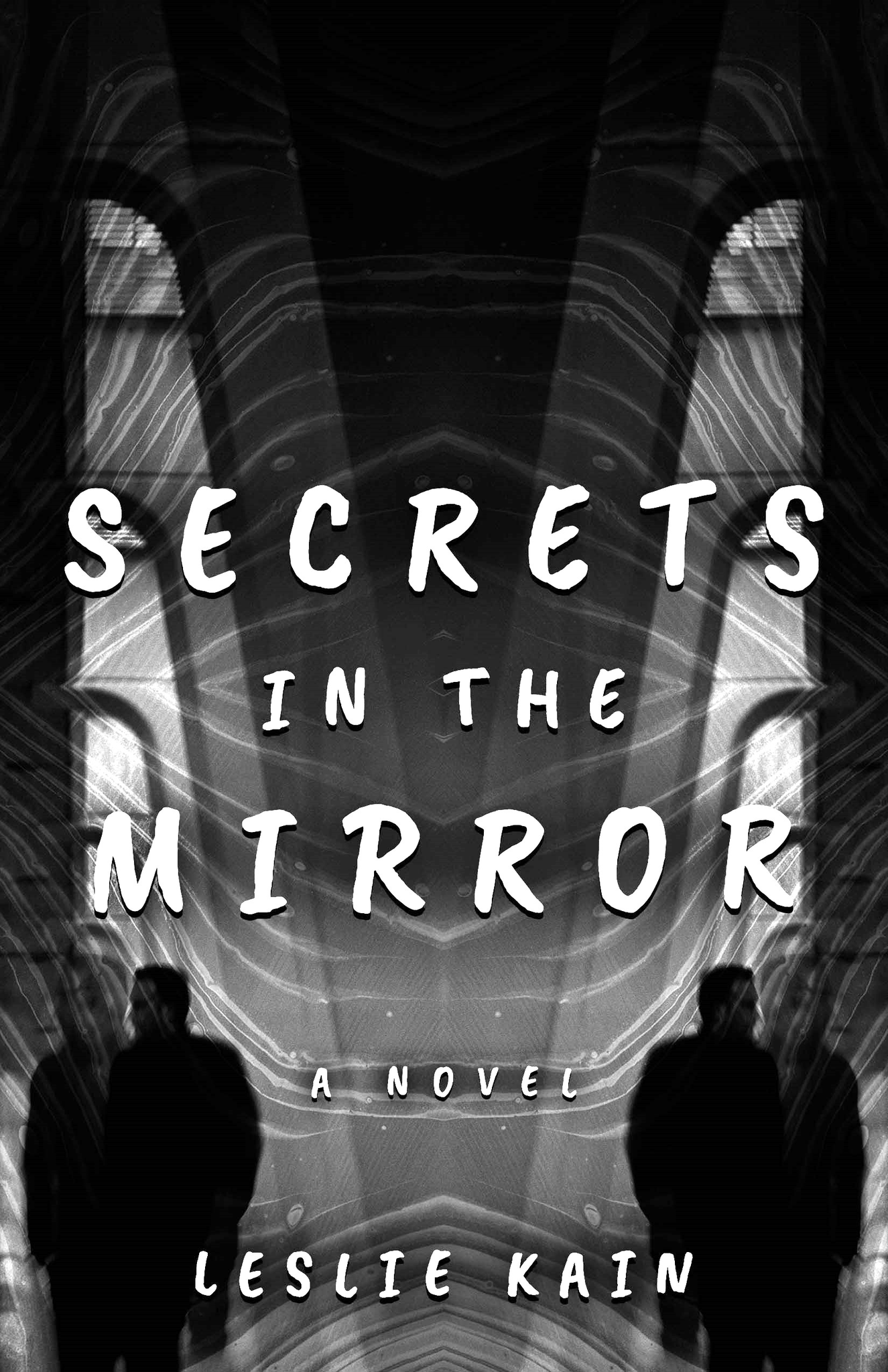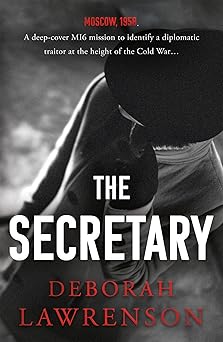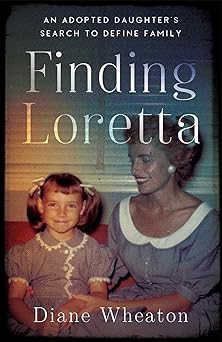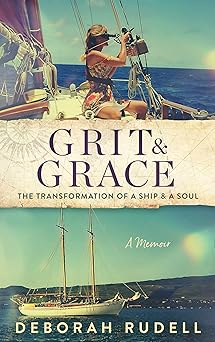Rue Matthiessen: On Writing Castles and Ruins
Castles & Ruins was inspired by a summer I spent in Galway, Ireland, with my husband and son. I had lived in Galway forty-one years before, when I was seven years old, in the summer of 1965. My mother, poet Deborah Love and father, writer Peter Matthiessen, had chosen Ireland as a long term getaway from the pressures of my father’s burgeoning career and also, the trip was a bid to save their marriage. There, our adopted home was on an island in a huge lake called Lough Corrib. Little did we know that my mother was nearing the end of her life; she died in 1972. A year before that, she published a book about that Ireland summer called Annaghkeen. It was named for the 1,000 year-old castle that was across the waterway from our house.
Much later, when my own son was six, I got the idea that I should return to Ireland, with family in tow. We would do an extensive tour of the country and try to find the island where I lived. It wasn’t on any map. It wasn’t on Google maps. All I had was the coordinates in my mother’s book adding up to a few cryptic paragraphs. But to my surprise I found that Ireland was much more than a long vacation with an end point, it was a Pandora’s box. Though my mother had left an intelligent and beautiful book, Annaghkeen, I discovered so much more about the past that was unfinished. My feelings about having lost her rose to the surface, along with vivid memories of growing up in the sixties. It was a shock to recall that caustic, brilliant decade, and my parents’ passionate, always crumbling marriage.
Immediately after my husband, Steve Shaughnessy, and our son Emmett landed at Shannon Airport, the essence of the earlier trip made itself known. It was all still there, interlaced with the beauty of Ireland—beginning with the Dingle peninsula and continuing around the circumference of the country to Galway, where my island was supposed to be. Ireland’s rebellious history and wild beauty turned out to perfectly compliment my childhood narrative. It is, after all, the place that my parents had chosen to escape to for a time, taking me and my older brother along with them. So naturally, when I returned with my own family, having lost her and having had a remote relationship with my father, Ireland was where I found them.
Because the book came about in an organic way (no plots or agendas), it took a long time to write. By necessity it had to be in process for quite a while after we got back from the trip, me with a suitcase full of journals, pictures and poems in tow. I found that the narrative worked best by excerpting my mother’s book, Annaghkeen, at the beginning of each chapter, then orienting that chapter around the excerpt’s theme. It could be an idea of hers, a reflection, a place, or some dramatic outtake from her book. It was an unusual pleasure to juxtapose her “voice” (very much of its time and so different than mine), along with my voice. It was almost as if, along the way, she was guiding me to find what my voice actually was, much as a mother would in real life. The outcome—a travelogue/road trip and a memoir of my childhood together—surprised me as much as the first people who read it.
While excavating this history I cried, got angry, and laughed too. I wrote many of the chapters over multiple times, while the dominant themes of the text emerged—the ravages of fame, LSD, Zen, multiple infidelities, art, sacrifice, and mother loss. A long honing process was absolutely necessary, while at the same time it was like having a conversation with my departed mother while we mulled things over and reflected on them, literary or otherwise. At the time of writing my work-obsessed father was still living. He did not live to see its completion, but I am confident he would have been proud of me.
The experience of writing this book was so powerful that I can honestly say that I was a different person by the end. I felt in some ways like an accomplished butterfly collector, only the butterflies were memories, captured alive and held between the pages of a book. A great weight lifted from me, because now the story was told.
However, even though the story was told, and though I had quite a few publishing-world fans of the book, I couldn’t find an agent, and I still don’t have an agent. Maybe it’s because of the usual genre of Castles & Ruins. So I went straight to publishers, those that would look at an un-agented work. It took me years to find the one. At one point I did give up and put the book in a drawer. A writer named Lance Richardson, who was then working on a biography of my father, read it and pushed me back to the Poets & Writers’ data base. Writer and editor Peter Ginna, (most recently editorial director of Bloomsbury Press) was another one who said, don’t give up. My stepmother, who had helped me at various stages of the editing process was another. Eventually, the efforts did pay off.
—
Rue Matthiessen is based on the East End of Long Island and in New York City. At Bard College she majored in literature, and afterwards was a journalist for The East Hampton Star. She had her own photography studio in Los Angeles for six years. Her essays and short fiction have been published in numerous literary journals. Her book, Buttonwood Cottage, about renovating a house in the Caribbean, is available on Amazon. She is currently at work on a novel, Julia with Closed Eyes. Recently, Rue was featured in the Bridgehampton Museum’s Distinguished Lecture Series and other speaking engagements. See more at ruematthiessen.com
Castles & Ruins: Unraveling Family Mysteries & Literary Legacy in the Irish Countryside
 Decades after spending a summer in the Irish countryside with her parents—author Deborah Love and National Book Award winner Peter Matthiessen—Rue takes her young family back to Ireland to revisit locales from that season in the sixties. As a guide, she has her mother’s poetic book, Annaghkeen, named for the castle that overlooked their home in Galway.
Decades after spending a summer in the Irish countryside with her parents—author Deborah Love and National Book Award winner Peter Matthiessen—Rue takes her young family back to Ireland to revisit locales from that season in the sixties. As a guide, she has her mother’s poetic book, Annaghkeen, named for the castle that overlooked their home in Galway.
What begins as a simple, nostalgic trip quickly becomes something far more complex. As Rue approaches Annaghkeen Castle and digs deeper into her parents’ literary legacy, a trove of memories is unearthed, forcing her to reckon with a childhood fraught with the stormy energy of two brilliant parents often at odds with each other and their children.
Both a rich and informative travelogue and a profoundly emotional memoir, Castles & Ruins celebrates the triumph of creative success while frankly appraising the often-terrible costs a family must pay for it.
BUY HERE
Category: On Writing




